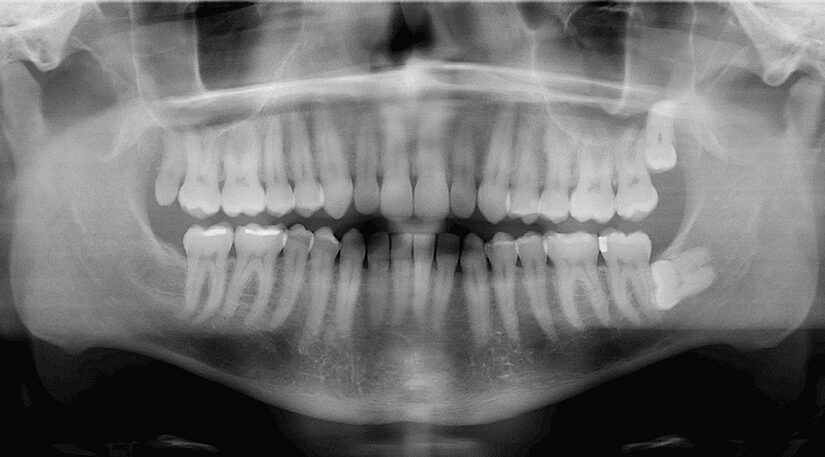By: Dr. Elizabeth Eggert
Which dental procedure comes up most in conversation? You guessed it—wisdom teeth extraction. Upwards of 90% of U.S. adults have had their wisdom teeth removed at some point in their teen or early adult years. If you happen to be in the minority and still have your wisdom teeth, you’re surrounded by friends and family who live without that notorious third set of molars. Indeed, wisdom teeth removal is one of the two most common oral surgical procedures.
If you need your wisdom teeth removed, it’s critical to do so promptly so they don’t cause major damage to your bite…or your overall health. Here are five common signs that it’s time to make an appointment with an oral surgeon:
Sign #1: Pain and sensitivity in the back of your mouth
As wisdom teeth develop and move up towards and through the gum line, they can put a tremendous amount of pressure on existing teeth. If you or your child begin to experience pain, throbbing or sensitivity behind your 12-year molars, your wisdom teeth probably require attention.
Sign #2: Irritated gums in the back of your mouth
As wisdom teeth begin to emerge, they cause a flap of gum tissue to form behind the last molars. This tissue easily becomes irritated and inflamed. Gums may also bleed easily.
Sign #3: Tooth infections in the back of your mouth
Brushing your gums where your wisdom teeth are erupting can be challenging for several reasons:
- This area is way in the back of the mouth and can be hard to reach with a toothbrush
- The gum tissue is particularly sensitive as wisdom teeth erupt
- The flap of gum tissue that forms at the site makes it hard to clean gums thoroughly
Consequently, bacteria often become trapped in the gum tissue and cause infections in the teeth and gums. This bacteria can also lead to halitosis, or chronic bad breath.
Sign #4: Jaw stiffness
As teeth emerge, especially if they’re coming in crooked or sideways, they will put pressure on the rest of your teeth. This pressure can make your jaw stiff and cause undue discomfort when talking, chewing or yawning. Also, swelling around the jaw can accompany jaw stiffness. Left untreated, a misaligned bite can lead to TMD.
Sign #5: A change in teeth positioning and bite
If you start to notice that your teeth are moving out of alignment, particularly if this is in combination with any of the signs above, you’ll want to consult with an oral surgeon right away. Unaddressed for too long, your once beautifully-straight teeth can become permanently misaligned and require dental or orthodontic intervention to remedy.
At Eggert Family Dentistry, we advocate for your oral health. One way we monitor your wisdom teeth is through routine x-rays of the area. If we foresee an issue with wisdom teeth eruption or we see evidence that they’re causing problems in one of many ways, we will refer you to our most trusted oral surgery colleagues for a consultation.

